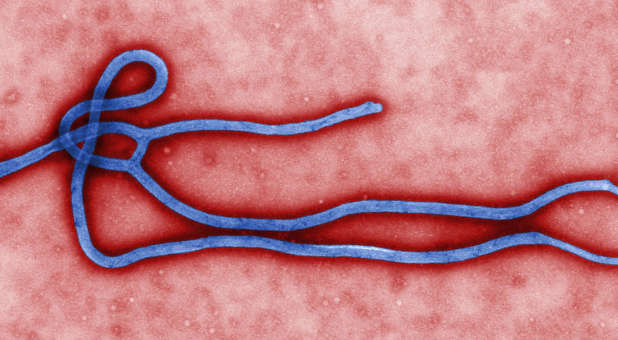News of Ebola being diagnosed in America has many people wondering, “Should I worry?”
The U.S. Centers for Disease Control and Prevention is releasing information regarding what you should know about the Ebola virus and what’s being done to prevent its spread.
A person exposed to Ebola can begin to show symptoms within two to 21 days. This is called the incubation period.
Symptoms usually begin with a high fever, headache, fatigue, muscle aches, joint pain and stomach pain.
Those symptoms are often followed by diarrhea, vomiting and bleeding, also called hemorrhaging.
That bleeding can be internal, which is often what causes death. It can come from the nose, mouth or other areas of the body.
CDC Director Tom Frieden said the agency is doing all it can to protect American citizens from this threat.
“It’s a severe disease with a high case fatality rate, even with the best care,” he said. “But there are core tried and true public health interventions that stop it.”
The CDC said Ebola is not nearly as contagious as many other viruses. It does not spread through the air like the flu. It only spreads from direct contact with bodily fluids, such as blood, saliva or sweat.
It only takes a small amount of fluid to cause an infection, and the contact can be as minor as a handshake because we often have small openings on our bodies that we sometimes don’t even notice.
Although a person may be infected with Ebola, the CDC said the person is only contagious when he or she starts exhibiting symptoms, such as a fever.
They say the key to containing the disease is a process called “contact tracing,” whereby the sick patient identifies anyone he or she has touched since becoming symptomatic.
Those contacts are monitored for 21 days and are isolated if symptoms begin.
“I have no doubt that we will stop this in its tracks in the U.S.,” Frieden said. “But I also have no doubt that as long as the outbreak continues in Africa, we need to be on our guard.”
An Ebola outbreak is considered over if there are no new cases after two consecutive incubation periods, or 42 days.
See an error in this article?
To contact us or to submit an article























